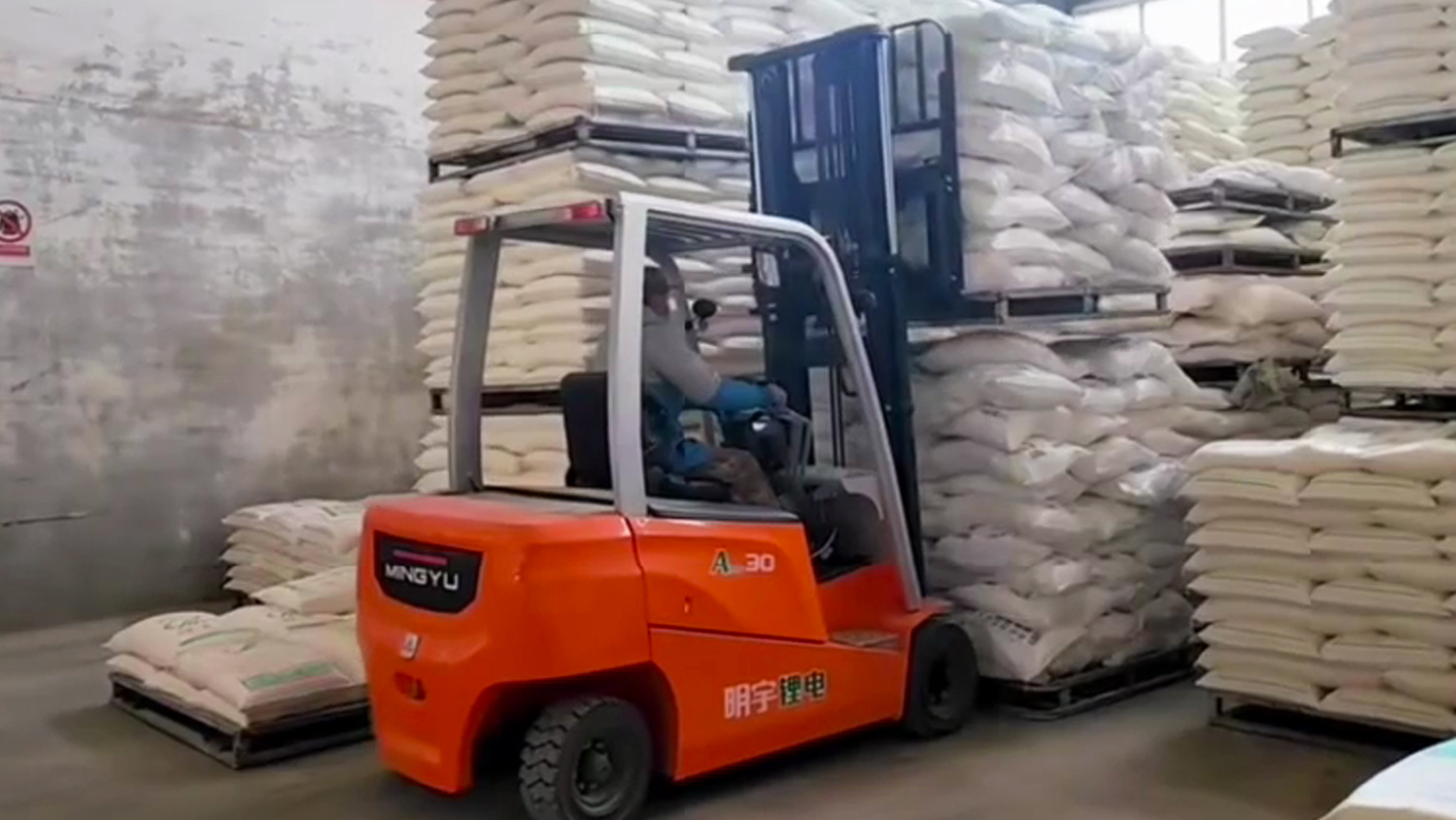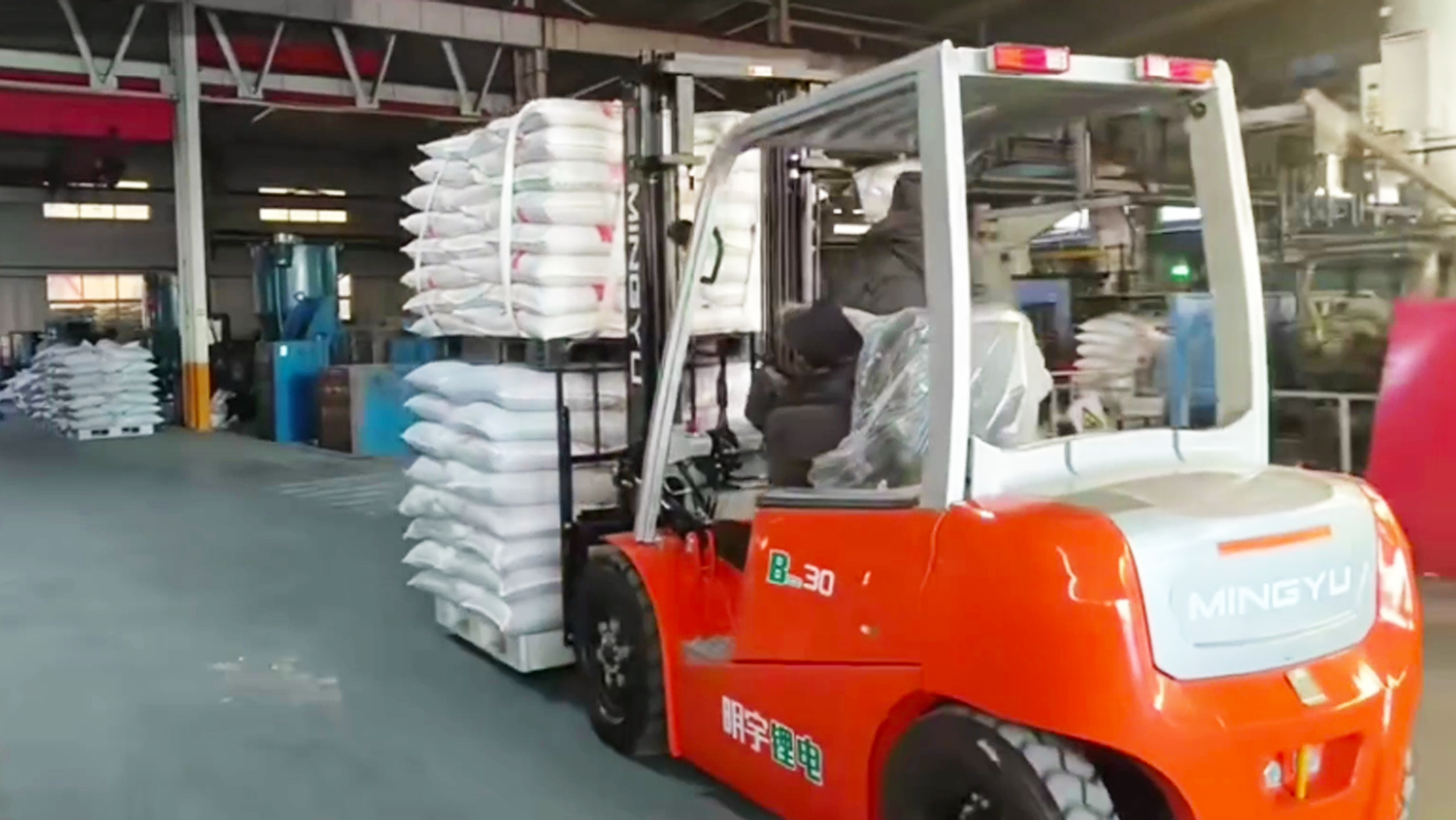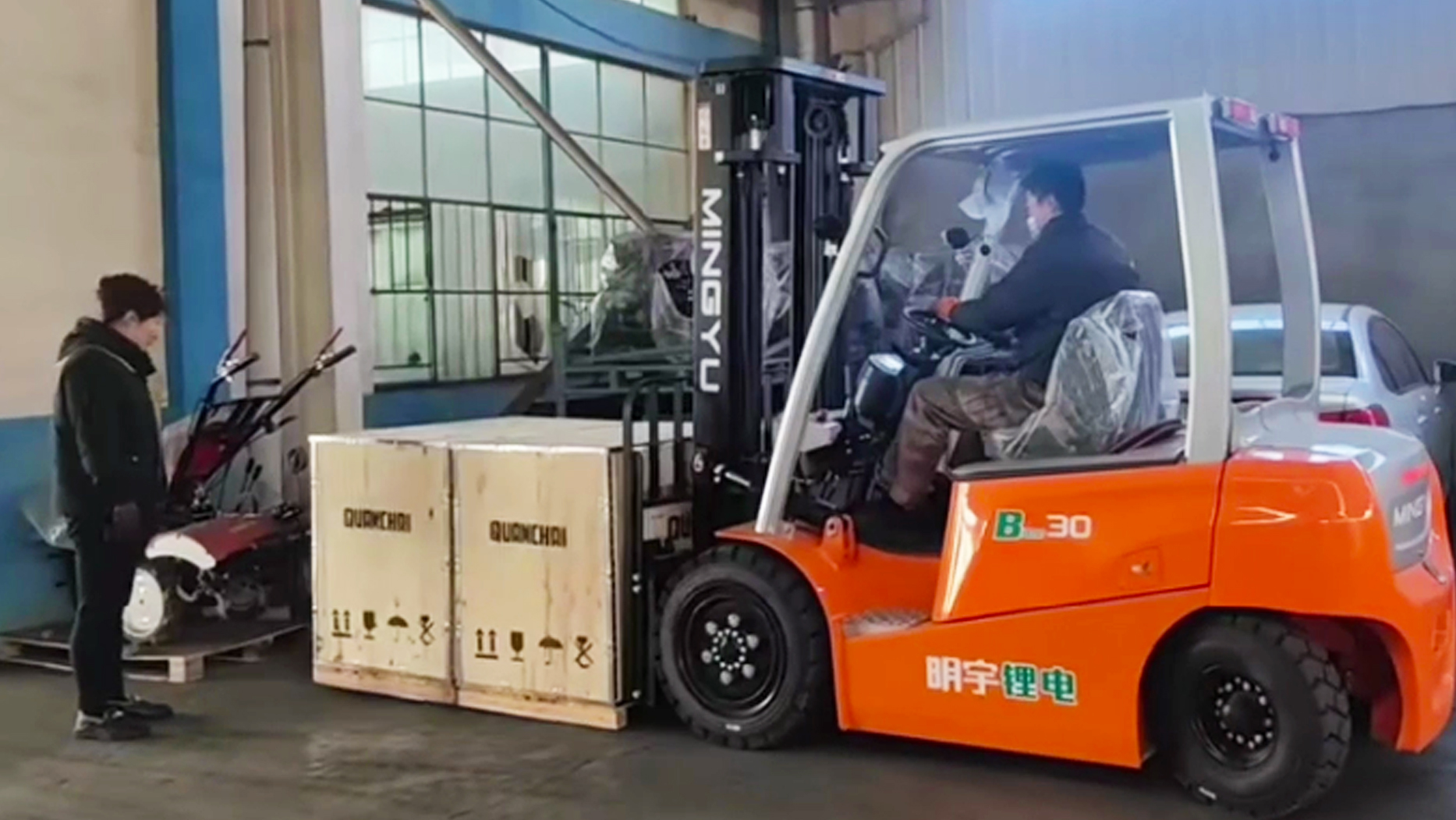I. Introduction
Forklifts are indispensable tools across a multitude of industries, from warehousing and logistics to construction and manufacturing. Choosing the right forklift can significantly impact operational efficiency and cost-effectiveness. This article aims to provide a comprehensive comparison between electric and diesel forklifts, examining their strengths and weaknesses to determine which is "better" for specific applications. We will delve into key comparison points, including performance, cost, emissions, and maintenance, to equip readers with the knowledge needed to make informed decisions. It is important to note that the ideal forklift is highly dependent on the particular use case, and the environment it will be used in.
II. Defining the Machines
Electric forklifts are powered by rechargeable batteries, providing a clean and quiet operation.
They produce zero emissions, making them ideal for indoor environments and applications where air quality is a concern.
Typical applications include indoor warehouses, food and beverage processing, and clean environments.
Diesel forklifts are powered by robust diesel engines, offering high power and lifting capacity.
They are designed for heavy-duty applications and outdoor environments, where their durability and power are advantageous.
Typical applications include outdoor construction sites, lumber yards, and heavy material handling.
C. Brief, general overview of the core differences: Electric forklifts are clean and quiet, ideal for indoor use, while diesel forklifts are powerful and durable, suited for outdoor and heavy-duty tasks.
III. Performance and Capabilities
A. Power and Lifting Capacity:
Diesel forklifts generally offer higher lifting capacities and torque, making them suitable for moving heavy loads.
Electric forklifts have improved significantly in power and lifting capacity, but diesel models still hold an edge in heavy-duty applications.
Diesel forklifts also generally have better performance on inclines when carrying heavy loads.
B. Operating Time and Range:
Electric forklifts require regular battery charging, and their operating time is limited by battery life.
Diesel forklifts offer longer operating times, with fuel tank capacity determining their range.
Electric forklifts are limited by down time for recharging, where as diesel forklifts are limited by refueling time, which is usually much shorter.
C. Durability and Environmental Conditions:
Diesel forklifts are built to withstand harsh outdoor conditions, including extreme temperatures and rough terrain.
Electric forklifts are more sensitive to extreme temperatures, and are generally less suited for rough terrain.
IV. Cost and Maintenance
A. Initial Purchase Price:
Electric forklifts often have a higher initial purchase price due to battery costs.
B. Operating Costs:
Electricity costs are generally lower than diesel fuel costs, but battery replacement can be a significant expense.
Diesel forklifts have higher fuel costs but may have lower maintenance costs in some applications.
C. Maintenance and Repair:
Electric forklifts have fewer moving parts, resulting in lower maintenance requirements.
Diesel forklifts require more frequent engine maintenance and repairs.
Diesel engines are also more complex to repair, and parts can be more expensive.
V. Environmental Impact and Emissions
A. Emissions:
Electric forklifts produce zero emissions, contributing to cleaner air and healthier working environments.
Diesel forklifts emit harmful pollutants, requiring adequate ventilation in indoor environments.
B. Noise Levels:
Electric forklifts operate quietly, reducing noise pollution and improving worker comfort.
Diesel forklifts are significantly louder, contributing to noise pollution.
C. Disposal of batteries, and other environmentally sensitive materials: Electric forklift batteries must be disposed of properly, and they contain harmful chemicals.
VI. Application-Specific Analysis
A. Indoor Warehouses:
Electric forklifts are ideal for indoor warehouses due to their zero emissions, quiet operation, and maneuverability.
Diesel forklifts are generally unsuitable for indoor use due to emissions and noise.
B. Outdoor Construction and Heavy-Duty Applications:
Diesel forklifts are preferred for outdoor construction and heavy-duty applications due to their power, durability, and ability to handle rough terrain.
Electric forklifts may have limitations in these environments due to battery life and sensitivity to extreme conditions.
C. Summary of what machine is best suited for what use case: Electric forklifts are best for indoor use, and diesel forklifts are best for heavy outdoor use.
VII. Conclusion
In summary, the "better" forklift depends heavily on the specific application and working environment. Electric forklifts excel in indoor settings, offering clean and quiet operation, while diesel forklifts are ideal for heavy-duty outdoor tasks, providing robust power and durability. Both types have their strengths and weaknesses in terms of cost and maintenance. As technology advances, electric forklifts are becoming increasingly capable, potentially shifting the balance in favor of cleaner energy solutions. Ultimately, understanding the unique requirements of each application is crucial for selecting the optimal forklift and maximizing operational efficiency. The future of forklift technology will continue to advance, and the industry will continue to adapt.
Post time:Apr.03.2025



